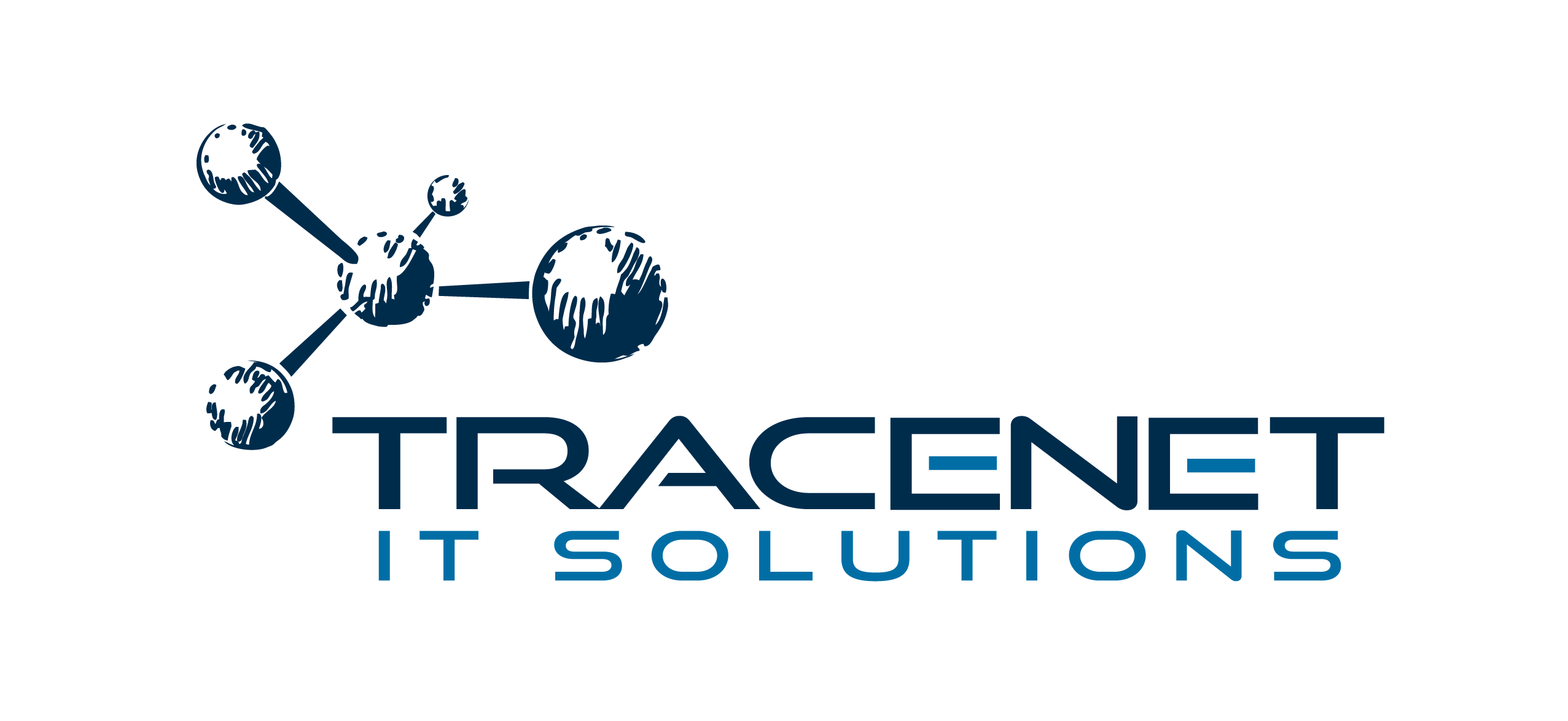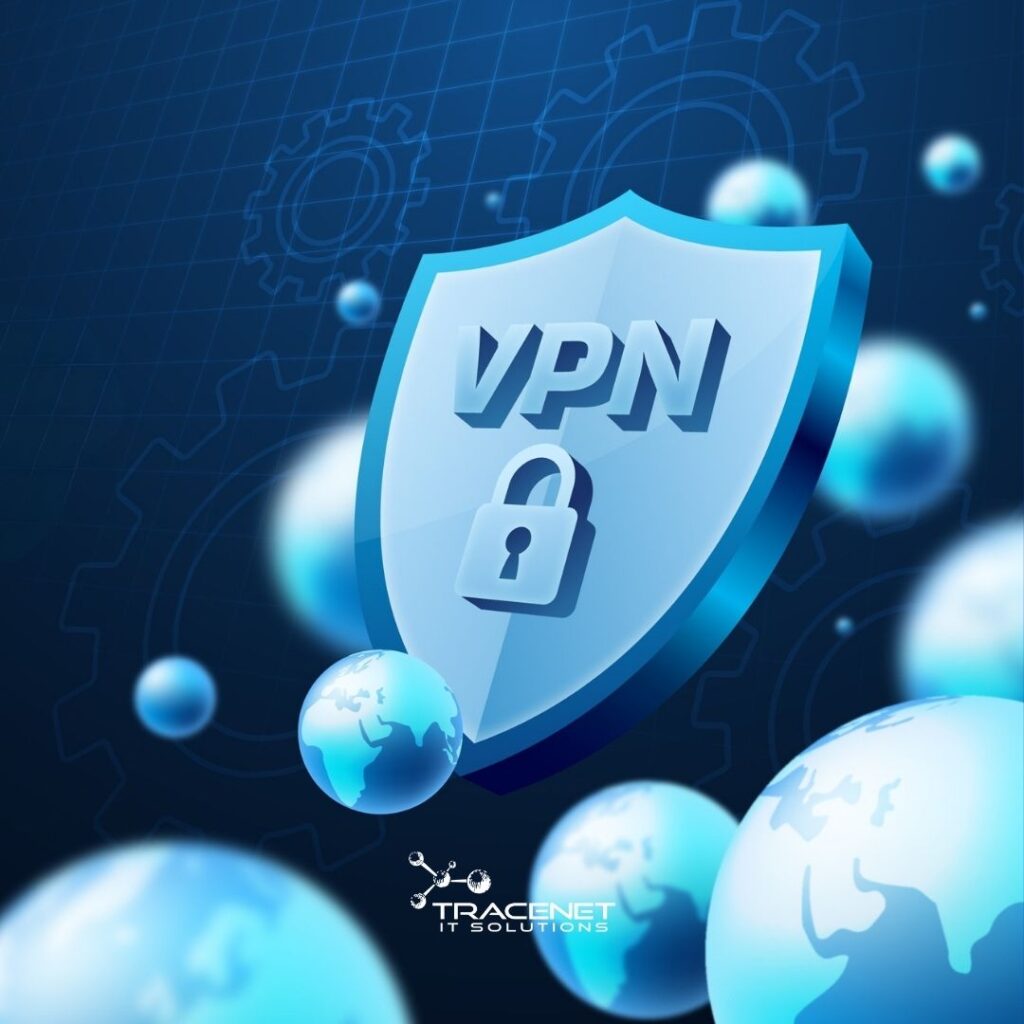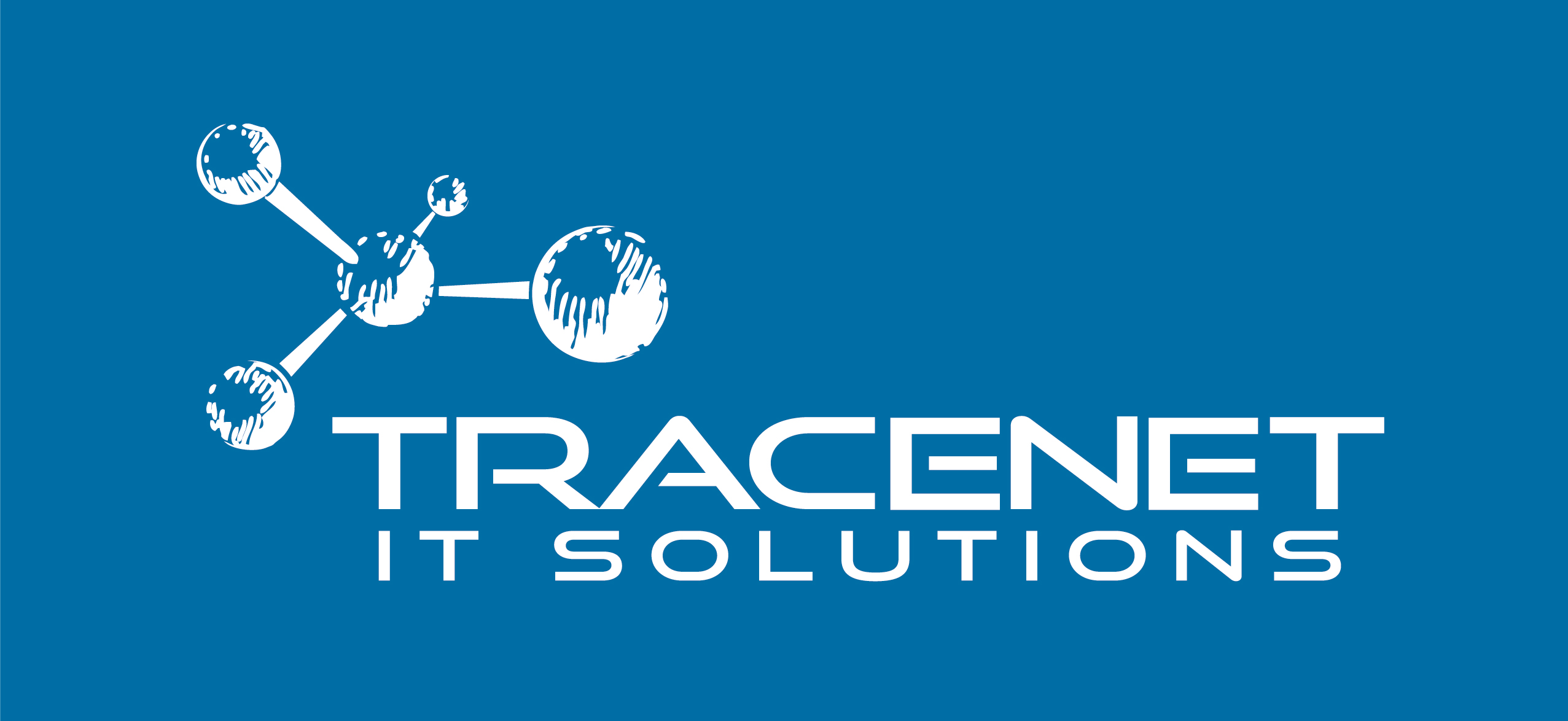Information security has become an indispensable concern with the increasing movement of data traffic online.
According to a study by Statista, in 2023 there was a 38% increase in cyber-attacks compared to the previous year, demonstrating the growing vulnerability of data on the internet.
To mitigate these risks, one of the most effective solutions for guaranteeing privacy and protection is a VPN (Virtual Private Network).
But what is a VPN, when should you use it and why is it an essential resource in the digital age? In this article, we’ll explore these questions and understand how this technology can be a differentiator for ordinary users and companies.
What is a VPN and how does it work?
A VPN (Virtual Private Network) is a technology that establishes a secure, encrypted connection between a device and the internet, ensuring that the data transmitted is protected from interception.
This additional layer of security is especially useful for preserving the privacy and integrity of information on public and private networks.
A VPN works by creating a virtual “tunnel” between the user’s device and a remote server. This process involves three main steps:
First, there is data encryption, where all communication between the user and the internet passes through a protected channel, preventing third parties, such as hackers and internet providers, from accessing sensitive information.
Next, IP masking is carried out. At this stage, the user’s original IP address is replaced by the IP of the VPN server, making it difficult to identify the real location and making browsing more anonymous.
Finally, traffic is redirected. This is a stage in which data packets are routed through the VPN server before reaching their final destination, increasing privacy and allowing access to geo-restricted content.
When should a VPN be used?
The use of a VPN becomes indispensable in various scenarios. Below, we highlight some situations in which this technology is essential:
- Online security and privacy: VPNs prevent digital espionage, data leaks and cyber-attacks. According to a report by Cybersecurity Ventures, the global damage caused by cybercrime could reach US$10.5 trillion by 2025.
- Protection on public networks: Wi-Fi networks in cafés, airports and hotels are highly vulnerable to attacks. The use of VPNs prevents the interception of information by third parties.
- Avoiding trackers and targeted advertising: advertisers use trackers to monitor users’ behavior online. With a VPN, you can avoid this type of monitoring.
- Access to restricted content: VPNs allow you to access services that are not available in certain countries, such as streaming catalogs limited by region.
- Corporate use: many companies use VPNs to allow employees to access internal servers securely. This is essential for remote working and collaboration between geographically distributed teams.
Why should a company invest in a VPN?
For companies of any size, investing in a VPN is a fundamental strategy for guaranteeing data security and the privacy of corporate information.
The main reasons for adopting this solution are to protect against cyber attacks, since companies are frequent targets of hacker attacks, especially phishing and ransomware.
In this case, a VPN adds an extra layer of security by encrypting all the organization’s communications. It also helps to comply with data protection regulations, such as the LGPD (General Data Protection Act) and GDPR (EU General Data Protection Regulation), which require companies to protect customer and employee data.
A VPN is also necessary to reduce network infrastructure costs, as keeping internal servers secure can be expensive. With this system, companies can offer secure remote access without needing to invest heavily in physical infrastructure.
How do you implement a VPN in your company?
Adopting a corporate VPN requires a few important steps, the first of which is choosing a reliable provider. There are several business solutions specializing in corporate security, and we at Tracenet can indicate the best service according to your company’s needs.
After choosing a provider, it’s important to define usage policies, which determine which employees will need access to the system and what the rules of use will be.
It is important to implement multi-factor authentication to improve remote access security and regular monitoring to make sure that the VPN is always up to date and working properly.
VPN and net neutrality
Net neutrality is a principle that states that all data on the internet should be treated equally, without discrimination by internet providers. However, in some regions, providers limit access to certain websites or services, a practice known as “throttling”.
Using a VPN can get around this problem, as it hides the user’s traffic, preventing the ISP from detecting and limiting the connection speed based on the type of content accessed.
In this way, users can maintain a smoother and fairer browsing experience, regardless of the operator’s practices.
According to a study by Freedom House, by 2022 more than 40 countries will have applied some kind of restriction to the internet, reinforcing the importance of VPNs in guaranteeing a free and accessible digital environment.
Conclusion
The use of VPNs has become essential both for individuals wishing to surf safely and for companies looking to protect their data and maintain compliance with privacy regulations. In addition, VPNs are a fundamental tool for combating excessive monitoring and guaranteeing net neutrality.
Follow us at Instagram to more information.



